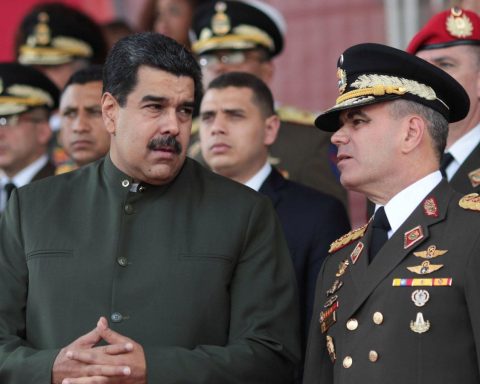L
to freedom of The right to transit and emigration has always been a thorny issue in socialist countries, and in practice almost all choose to restrict this right. It was not until the fall of the Berlin Wall in 1989 that this restrictive policy began to be questioned and a certain opening was established. The wall symbolised, rightly, the policy that no one leaves or enters this confined territory.
People were not allowed to enter, visit or tour these countries simply for ideological reasons and because of possible contamination with foreign ideas and practices, which were strictly capitalist and imperialist. And they were not allowed to leave because of an intrinsic need for control and because there was a possibility that almost everyone would leave.
In some countries, such as Cuba, transit is not restricted, but internal migration is, as well as international migration. The government controls the flows through access to housing, there is no free market per se, there is the possibility of barter or exchange, but nobody wants to leave Havana to go to Camagüey.
In China, access to the city is also restricted by access to housing and by a series of other permits and requirements that prevent provincials from settling in the city. Invasion of vacant land in our countries does not occur in socialist countries.
Emigration, on the other hand, is usually controlled by the issuance of passports, the possession of a visa from the destination country and a series of other requirements. This works in the case of Cuba, given the island situation, but not in the case of Venezuela, where it is practically impossible to prevent departure, even if the border is closed. Control over the issuance of passports, as in the case of Venezuela, makes it difficult for migrants to cross borders between countries, but in practice does not prevent movement. A new modality is to cancel the passports of Venezuelans abroad, in addition to the impossibility of renewing them.
We can now see that both predatory capitalism and controlling socialism generate massive migrations. Every time a port opens or there is a loophole, in the case of Cuba, tens of thousands choose to leave everything and emigrate. And in the case of Venezuela there is no control over exits per se, which is why there was an explosive migration in a very short time. What took 70 years for 15 percent of the population to leave Cuba, took 10 years for 25 percent of the population to emigrate in Venezuela.
They are different cases in terms of the migration process, but are the causes the same? We could say that the so-called structural causes
which partly explain emigration in capitalist countries are different in socialist countries. The issue of freedom, in many areas, is crucial.
In Cuba, access to education, health, work and housing are all provided by the State. The first two are satisfactorily provided, and the others are precarious. But this precariousness occurred, at the beginning, in the context of a political project, with hope for the future and with charismatic leadership and control, such as that of Fidel Castro. In addition, there was a clear and defined enemy, which worked during the first period and in the first and second revolutionary generations, who remained in the country. Today, that no longer works and they are subject to bureaucratic control.
However, another unresolved issue that affects the entire population is food. Rationing is the clearest expression of the failure of the model. And this occurs in a context of proximity to abundance: the United States. To Cuba’s own problems we must add the blockade, but also a specific policy of refuge for Cubans, which may be largely responsible for the migratory flow.
In the case of Venezuela, recent research (LAMP-ENIR-Colmex) indicates that the great migratory explosion occurred after the death of Chavez, with the arrival of Maduro to power, lacking any leadership, clumsy, repressive, witty and incapable of keeping the economy afloat. Venezuelans do not look to the future, they see what they had in the past and what they have lost. A five-year period of hunger, devaluation, inflation and violence were more than enough reason for a quarter of the population to emigrate.
In these cases, migration is an escape valve for the government in the domestic political sphere, but the mass departure also gives some opportunities to those who stay, 8 million fewer mouths to feed, housing and employment count in the general panorama. But in addition, those who leave operate as a subsidy for those who stay through remittances, it is the best way to obtain foreign currency.
By definition, socialist regimes are extremely interested in controlling those who arrive from outside and preventing or making it difficult for their citizens to leave. But the Berlin Wall model no longer works in a globalized world. There are much more sophisticated immigration control and opening policies. The cancellation of the visa requirement for Cubans by Nicaragua is a safety valve for Cuba that has been agreed upon by both countries.
However, the field of study on migration in socialist countries is very little explored. These lines serve as a starting point for reflection and discussion.
















